Earth And Environmental Sciences
-

Vanderbilt names spring 2024 Seeding Success Grant awards
Thirteen innovative projects across seven colleges and schools have been selected for the spring 2024 round of Seeding Success internal grants. The Office of the Vice Provost for Research and Innovation announced the recipient list on May 31. Read MoreJun 25, 2024
-

Gilligan awarded spot in American Geophysical Union’s Voices for Science program
Jonathan Gilligan was awarded admittance to the American Geophysical Union’s 2024-2025 Voices for Science program to hone their communication and advocacy skills to increase understanding and support of science. The program trains scientists to communicate the value of Earth and space science to key decision makers, journalists, and the public, with the hope of solving some of the most critical climate-related challenges facing society. Read MoreJun 21, 2024
-
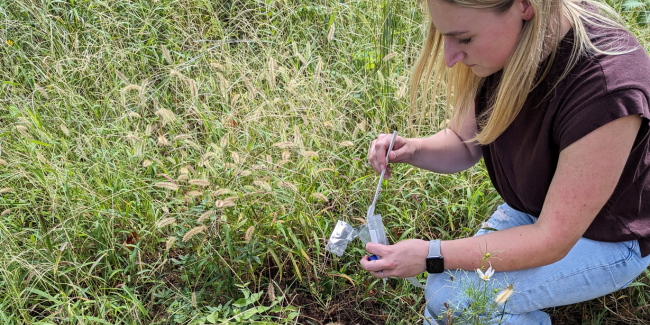
Vanderbilt University Native Meadow flourishing with collaborative research projects
Tucked behind the 6 Magnolia Building on Vanderbilt’s Peabody Campus is what might look to some like a lush garden of weeds. In reality, it’s a strategic Native Meadow full of pollinator-friendly plants. Since its inception, the meadow has flourished, and many faculty, staff and students have found ways to collaborate and interact with the space, thought of as a ‘living lab.’ Read MoreApr 29, 2024
-

Margaret Cuninggim Women’s Center presents annual awards to five Vanderbilt community members
The Women's Center presents awards in three categories each year: the Margaret Cuninggim Women's Center Leadership Award, the Mentoring Award and the Mary Jane Werthan Award. This spring, the Margaret Cuninggim Women’s Center named five people from the Vanderbilt community as recipients of its annual awards. Read MoreApr 15, 2024
-
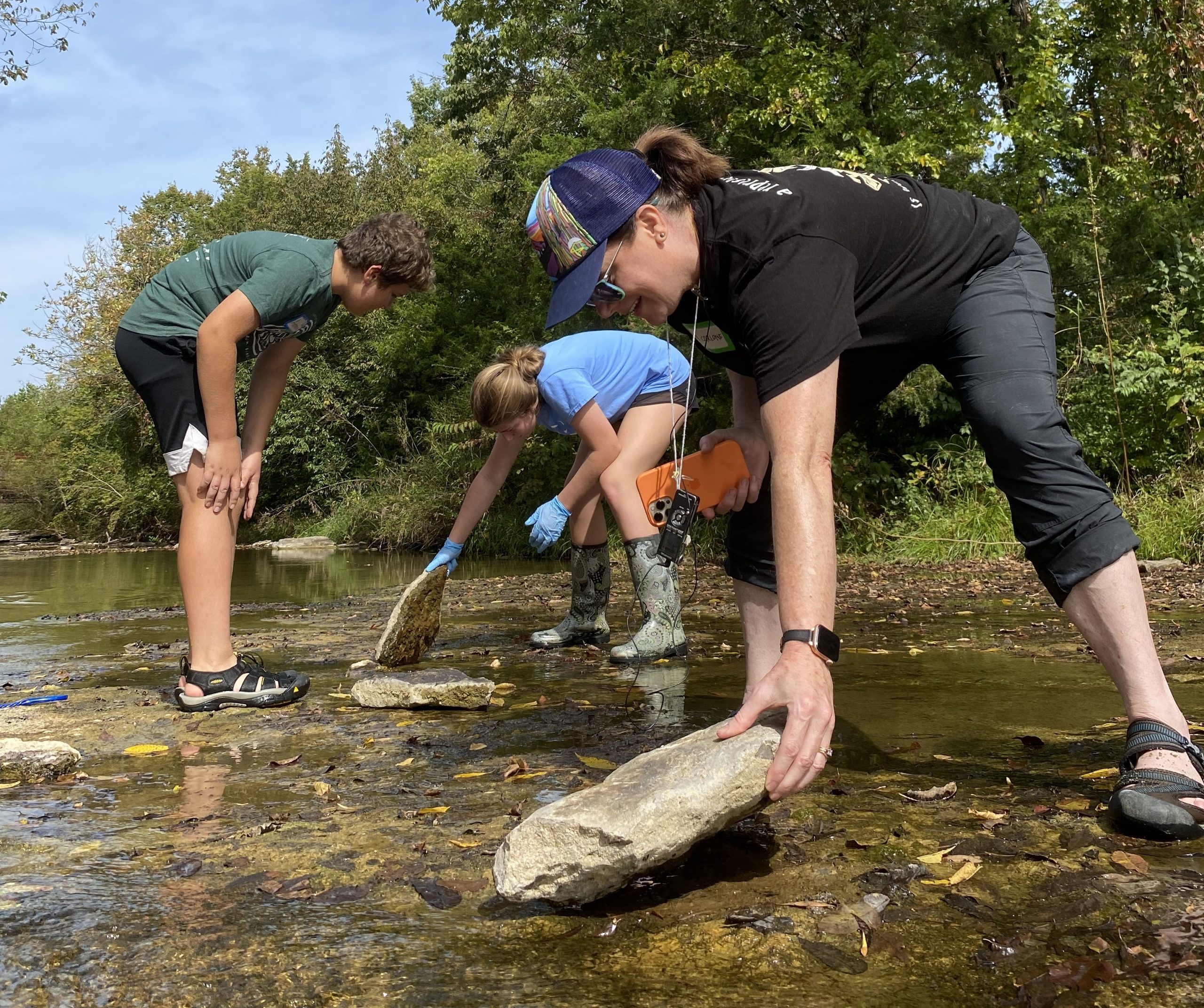
Vanderbilt researchers explore new science education approach to build youths’ agency amid climate anxiety
By Jenna Somers Heidi Carlone A three-year, nearly $1.3 million grant from the National Science Foundation supports a trans-institutional research team at Vanderbilt University investigating an innovative approach to STEM education that could help young people develop STEM identities and agency amid climate anxiety. Children around the world… Read MoreNov 28, 2023
-

Jonathan Gilligan receives 2023–24 Fulbright U.S. Scholar Award
Jonathan Gilligan has received a Fulbright U.S. Scholar Program award for the 2023–24 academic year from the U.S. Department of State and the Fulbright Foreign Scholarship Board. Read MoreAug 10, 2023
-

Vanderbilt University’s Ralf Bennartz to lead NASA mission to study ice clouds
Vanderbilt University, led by Professor Ralf Bennartz, will lead a NASA satellite mission investigating Earth's high-altitude ice clouds, backed by a robust grant of $37 million. This endeavor, leveraging the university's climate research expertise, will provide opportunities for student involvement and bolsters Vanderbilt's position in global climate research. Read MoreMay 25, 2023
-
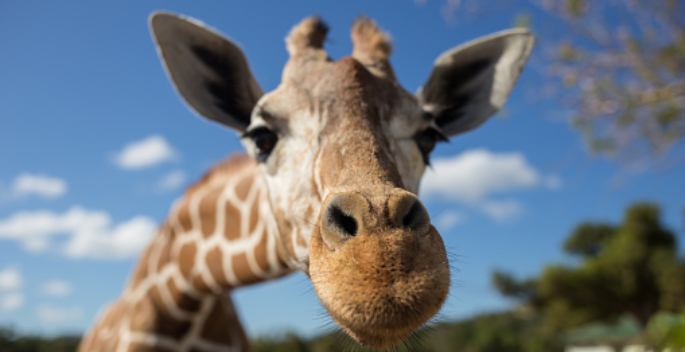
Vanderbilt-led researchers show that generalist species are ‘jack of all trades and masters of all’
Over the past decade, Larisa DeSantis, paleontologist and associate professor of biological sciences, has worked with a team of former Vanderbilt undergraduate and graduate students, postdoctoral scholars and experts from across the globe to show how species can be both generalized at the species level and specialized individually—a probable key to their success. Read MoreFeb 9, 2022
-

Vanderbilt students attend COP26 to observe climate diplomacy in action
Fourteen undergraduates and two graduate students represented Vanderbilt University in Glasgow, Scotland, as official delegates to the United Nations international climate change negotiations—dubbed COP26. Read MoreFeb 7, 2022
-
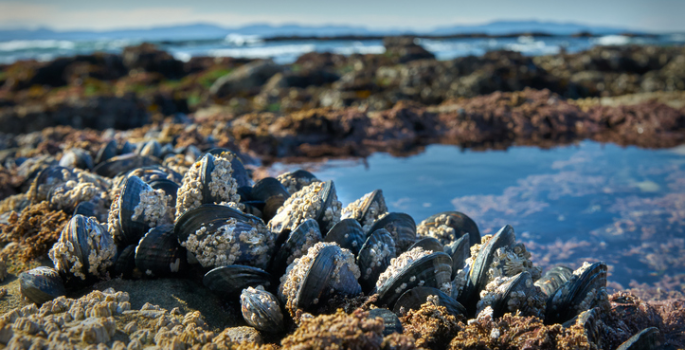
Vanderbilt researchers combine paleontology and fluid physics to uncover Ediacaran nurseries
Looking at prehistoric organisms allows Simon Darroch and his students to describe how, when and why complex life evolved on this planet. Their work is a piece of the puzzle in understanding how likely it is that we’ll find complex life beyond Earth. Read MoreJan 7, 2022
-
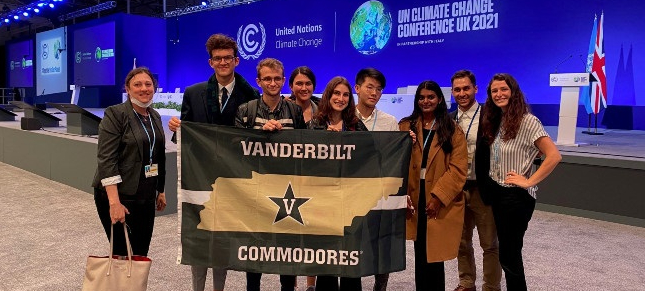
Vanderbilt University signs on to U.N.-backed Race to Zero campaign
Vanderbilt University, which already has taken significant steps in its commitment to achieve net-zero carbon emissions by 2050, has joined the Race to Zero—Universities and Colleges coalition. At the same time, Assistant Professor Leah Dundon and 14 students are participating in international climate change negotiations. Read MoreNov 8, 2021
-
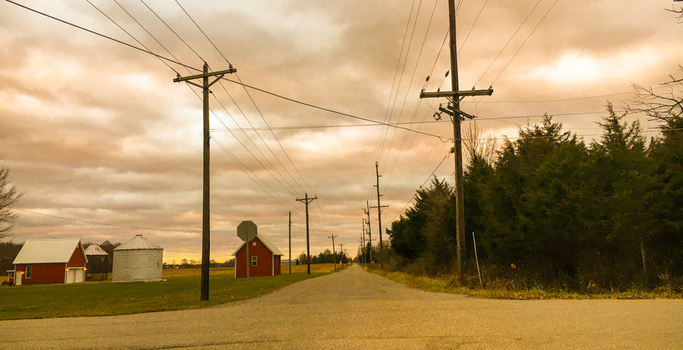
Vanderbilt and University of Tennessee-Knoxville win Sustainable Regional Systems Research Network grant from National Science Foundation
Vanderbilt faculty Jonathan Gilligan and Janey Camp will work with researchers from the University of Tennessee-Knoxville and involved entities to propose a large-scale research network with the goal of improving interrelated electric, transportation and communications services in areas with infrastructure served by the Tennessee Valley Authority. Read MoreSep 30, 2021
-
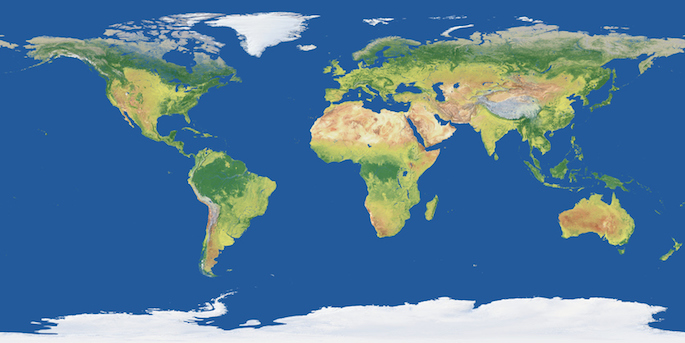
Research Snapshot: How will the global community react if vulnerable nations pioneer solar radiation geoengineering
Simulating controversial responses to climate change, researchers illustrate how a small group of nations may influence climate change in the decades to come. Est. reading time: 2 mins. Read MoreAug 23, 2021
-

Postdoctoral research fellow wins early-career award from International Association of Sedimentologists
Elizabeth Chamberlain, a U.S. National Science Foundation postdoctoral research fellow in earth and environmental sciences, has been awarded the 2021 Dr. Richard Faas Research Prize by the International Association of Sedimentologists. Read MoreMay 3, 2021
-
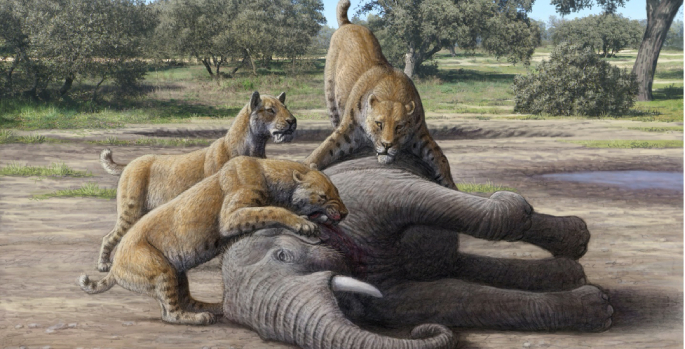
Diet of Homotherium sabertooth cat included baby mammoths, according to new research
Chemical signatures and microscopic wear patterns in dental fossils show that the diet of sabertooth cats included mammoths. Read MoreApr 15, 2021
-
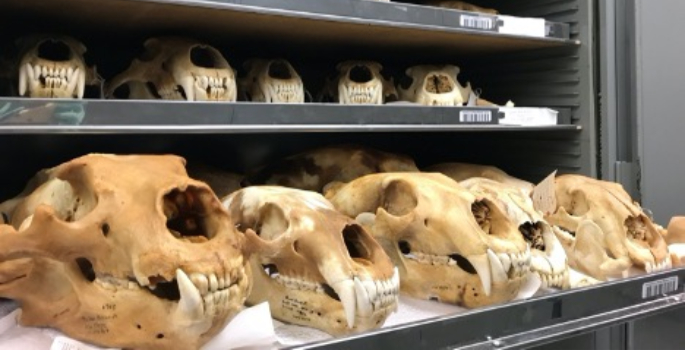
Vanderbilt research shows how polar bears maintained highly specialized diets during periods of Arctic warming—until now
Dental analysis from Larisa DeSantis shows that polar bears may not be able to compete for food sources as their environment melts away. Read MoreApr 1, 2021
-
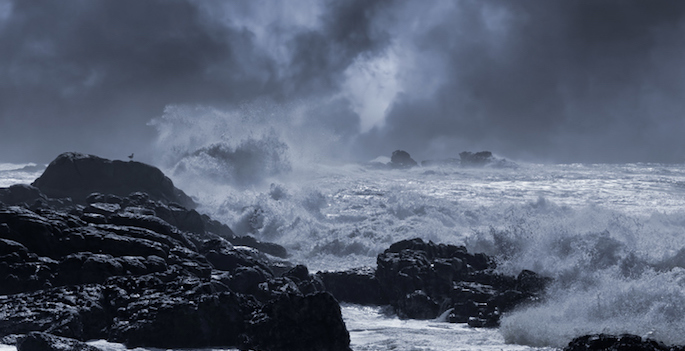
Evidence suggests climate whiplash may have more extremes in store for California
Vanderbilt paleoclimatologists deploy first calcium isotope analysis of North American stalagmite to show how past weather extremes may predict events in California. Read MoreFeb 24, 2021
-

Analysis of ancient teeth reveal clues about how sociopolitical systems grow
Isotope analysis of ancient Peruvian teeth gives anthropologists a clearer image of how cooperating societies function. Read MoreDec 15, 2020
-
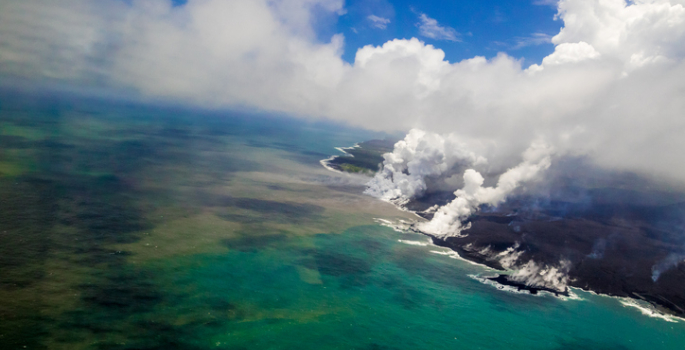
NASA-funded project uses images from space to study underwater volcanoes
Interdisciplinary Earth scientists explore how little-understood underwater volcanoes affect the atmosphere. Read MoreNov 18, 2020
-
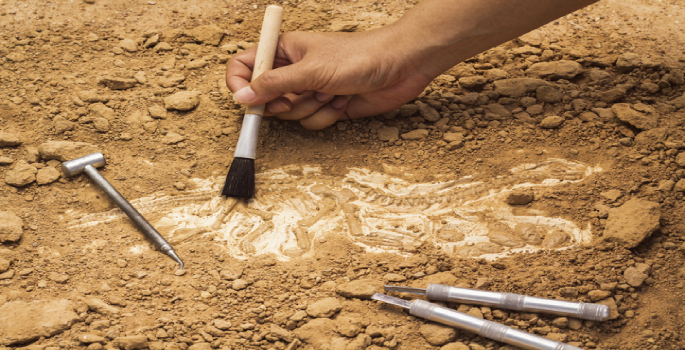
Vanderbilt paleontologists host National Fossil Day event for kids Oct. 10
Kids and lifelong learners can hear directly from paleontologists about bizarre creatures of the past during a free virtual National Fossil Day event on Saturday, Oct. 10, at 10 a.m. CT. Registration is required. Read MoreOct 2, 2020